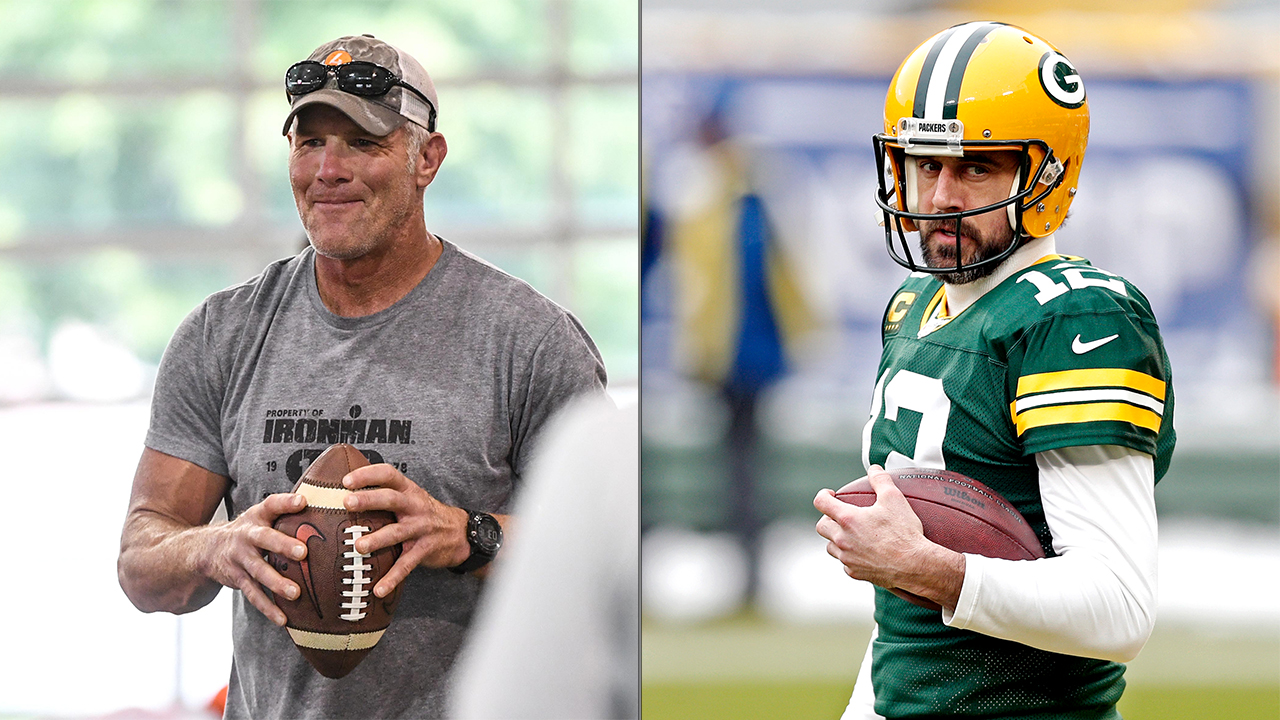

But at the time, that completion percentage was sixth in the league. Sure, he only completed 63% of his passes. That year, he completed 359 passes for 4,413 yards and 38 touchdowns.

Let’s look, then, at Favre’s MVP campaigns and see how they stack up compared to 2009 and all-time.ġ995 was probably Favre’s greatest MVP campaign, though 1996 was great as well. But it’s evidence of how much the league had changed since Favre’s heyday in the mid-90’s and 2009. I would argue that Favre’s 2009 season wasn’t so much a result of him playing especially well, though he did. I don’t know if that shows specifically that Rodgers’ 2011, 2012, and 2014 seasons were that much better than Favre’s, but it does show that the game has changed. Aaron Rodgers has posted three seasons better than that. Favre’s 2009 season now ranks 25th all-time. Today, that number has been surpassed again and again and again. Through 2009, Favre’s passer rating mark of 107.2 was good for 14th best all-time. In interception percentage, a great efficiency stat, Favre tied for the league lead with Aaron Rodgers at 1.3%.īut let’s take a look at where his numbers that season rank among the all-time greats. He came in ninth in overall passing yards. He was second to Brees in passer rating as well. He was second in passing touchdown to Drew Brees. It was a very, very good season, among the league’s best that year. He threw for 4,202 yards, 33 touchdowns, and seven interceptions. In 2009, Favre went 363 of 531 passing, a completion total of 68.4%, the best mark of his career. They were revolutionary, transformative seasons, and even among the stats of today, they would stack up very well. 1995, 1996, and 1997 were among the best seasons any football player had ever played. Not even close.Ģ009 was a very good season. It was probably his best season from 1998 to the end of his career, but not his best season in the NFL. It was probably his best season after 2000. 2009 was an undeniably great season for Brett Favre.


 0 kommentar(er)
0 kommentar(er)
